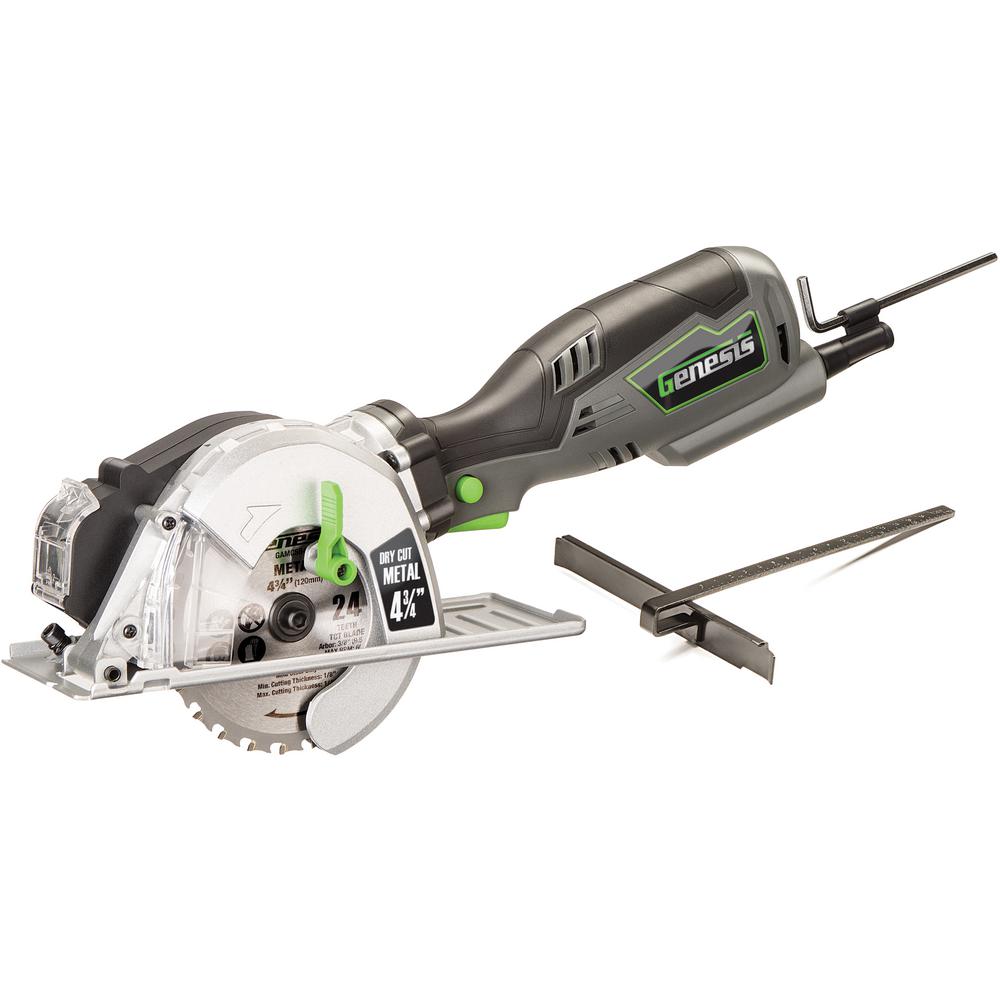Jigsaws and metal cutting band saws are more work but can make most cuts in light to medium sheet metal.
How to cut sheet metal cleanly.
The work piece in a sheet metal cutting operation is secured to the lower die while the motion of the upper die called a punch enacts the cutting.
Tin snips or aviation snips are one of the most widely used tools to cut sheet metals.
A stationary or hand shear is a very good approach to delicate detail work.
A handheld cutting tool fitted with a metal cut off wheel will easily cut through sheet.
Edges of the punch and die do not line up precisely due to a clearance or space between them.
Different methods of cutting metal work best in different situations.
A soft wood backer will allow for the chisel to pass through more easily by providing support for the metal.
The first cut of your sheet metal beeswax is the perfect sawblade lubricant the first cut of your sheet metal is always the most tricky.
To operate mark the cut line on the piece of sheet metal.
There are some cuts that you can do with decent tin snips.
Tin snips leave jagged edges so handle the metal carefully.
Wear a strong pair of gloves to protect yourself.
If a straight line is required it is best to shear flat metal in a metal shear.
They look like scissors and work fine with sheet metals like brass aluminum tin steel etc.
Alleviate some of the slipping by creating a notch in your sheet metal using a gentle forward stroke of your saw away from your body.
Pull the handle down slowly with your hand and slice through the metal.
Situate the metal under the blade and line the blade up with the cut line.
A lever fitted with a blade is pulled down over the place you want to cut.
Using your power tool ensure you re up against the straight edge and can follow along the.
Such as straight cut snips left cut the right cut etc.
Using a straight edge clamped to the edge of the bench is also a good tip to cut thin metal precisely.
There is no perfect or best way to cut sheetmetal materials.
Place the metal on a hard surface to score it and on long pieces do the bending with the score place along a sharp edge of a bench and if necessary clamp the fixed piece with a long piece of flat wood to prevent buckling the metal while bending it back and forth.

